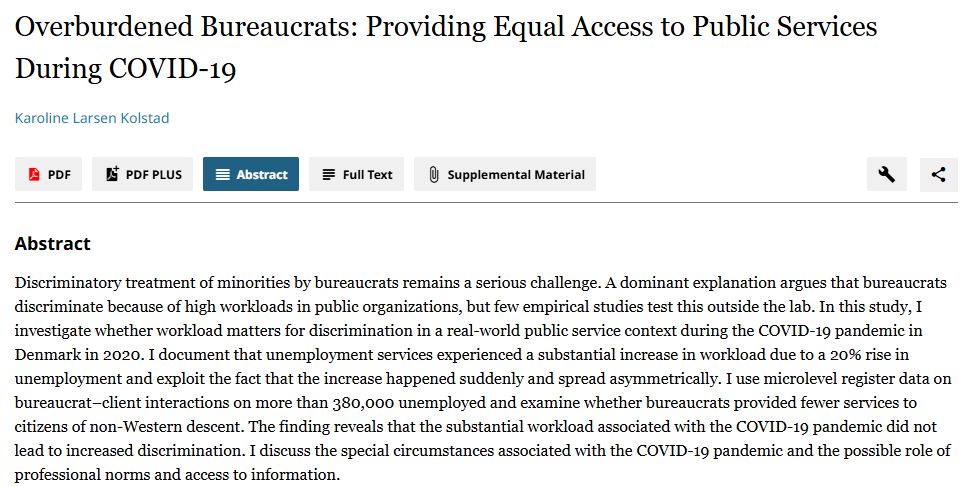Troels Bøggild
@tboeggild.bsky.social
2K followers
620 following
46 posts
Political scientist | Associate Professor, @AarhusUni | DFF Research leader | Political behavior, distrust, polarization, social media
Posts
Media
Videos
Starter Packs
Pinned
Reposted by Troels Bøggild
Reposted by Troels Bøggild
Reposted by Troels Bøggild
Reposted by Troels Bøggild
Reposted by Troels Bøggild
Reposted by Troels Bøggild
Reposted by Troels Bøggild
Reposted by Troels Bøggild
Reposted by Troels Bøggild
Reposted by Troels Bøggild
Reposted by Troels Bøggild
Reposted by Troels Bøggild
Reposted by Troels Bøggild
Reposted by Troels Bøggild
Reposted by Troels Bøggild
Reposted by Troels Bøggild
Reposted by Troels Bøggild
Reposted by Troels Bøggild
Reposted by Troels Bøggild
Toni Rodon
@tonirodon.bsky.social
· Sep 4

American Journal of Political Science | MPSA Journal | Wiley Online Library
How do voters respond to economic crises: Do they turn against the incumbent, reward a certain political camp, polarize to the extremes, or perhaps continue to vote much like before? Analyzing extens....
onlinelibrary.wiley.com
Reposted by Troels Bøggild



























